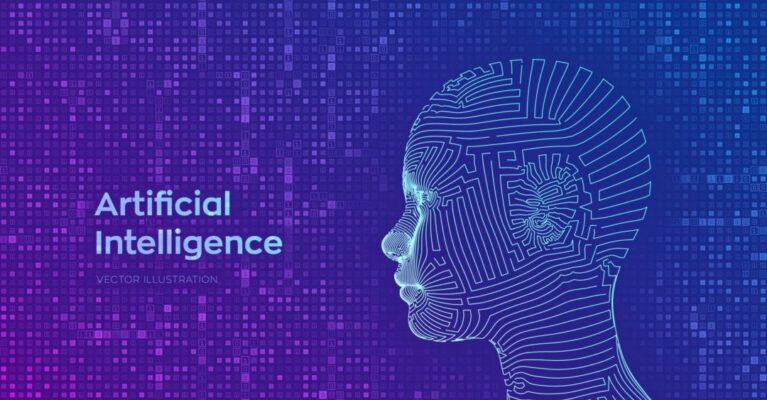
The AI that powers Google search is optimized to provide the best result for each query. This means the most useful answer to the search and the highest quality answers and links possible, both in content and site experience. Independently of Bard, Google improves its algorithm every day with sub-algorithms that address specific issues.
In this regard, Google’s search engine uses four specific algorithms within its general algorithm:
What is Google Rank Brain and what impact does it have on SEO?
This AI-based algorithm helps to understand what topics are related to the search. It improves the accuracy of search results, is able to determine what you are looking for and avoids confusing similar search terms, but with totally different meanings.
What is Google’s Bert and what impact does it have on SEO?
It is used to better understand meaning and search intent. It relies on natural language processing (NLP), natural language understanding (NLU) and sentiment analysis to process each word in a search query in relation to all other words in a phrase. It is Google’s artificial intelligence algorithm that currently coexists with MUM.
What is Google’s MUM and what impact does it have on SEO?
Multitask Unified Model is a type of AI that Google uses as a much more powerful version of BERT. It can better understand the context of searches, search intent and searches in different languages, to provide context-aware responses using artificial intelligence.

What is Google’s SpamBrain and what impact does it have on SEO?
It is an algorithm created with AI to detect low quality content automatically generated by artificial intelligence and not give it relevance in Google’s search results.
What the new Google search results will look like
Despite the increased integration of artificial intelligence into Google’s algorithm to deliver SEO results and organic traffic, the sources of information are still the websites. The way information is displayed may change, but Google needs to feed on the information we provide and continue to drive users to websites. We are not talking about Google’s new artificial intelligence chat, Bard, but about Google searches and the results it offers now and will offer in the future.
For very specific information queries, users looking for a specific piece of information, such as a telephone number, will be able to obtain a short and concise answer without the need to provide a single result from a single URL, but several.
*Currently, it is only available in the US by registering to participate in the beta test. labs.google.com/search
List of SEO publications
- How Google will change in the near future
- Is your website ready to be GEO Friendly? This is how we have done it at ROI UP Group
- User behavior on Google in the Pharmaceutical Sector
- The importance of the ALT attribute
- Voice searches and how to adapt your SEO to them
- Keyword tracking: what is it and how is it done?
- How AI affects SEO strategies
- How Artificial Intelligence (AI) affects Google SEO
- Artificial intelligence (AI) and SEO: everything you need to know
- How to optimize your Google My Business profile





